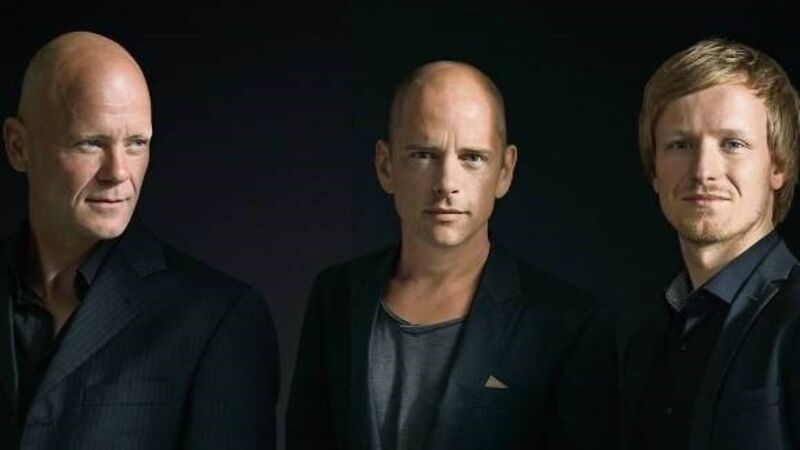Music that inspires hymn this jazz weekend

Tord Gustavsen’s Nordic leanings could help produce one of the gigs of the jazz weekend, writes
Tord Gustavsen made his musical name as the leader of a piano trio that released three acclaimed albums from 2003 to 2007, as he joined the likes of Esbjorn Svensson in popularising the idea of ‘Nordic jazz’.











